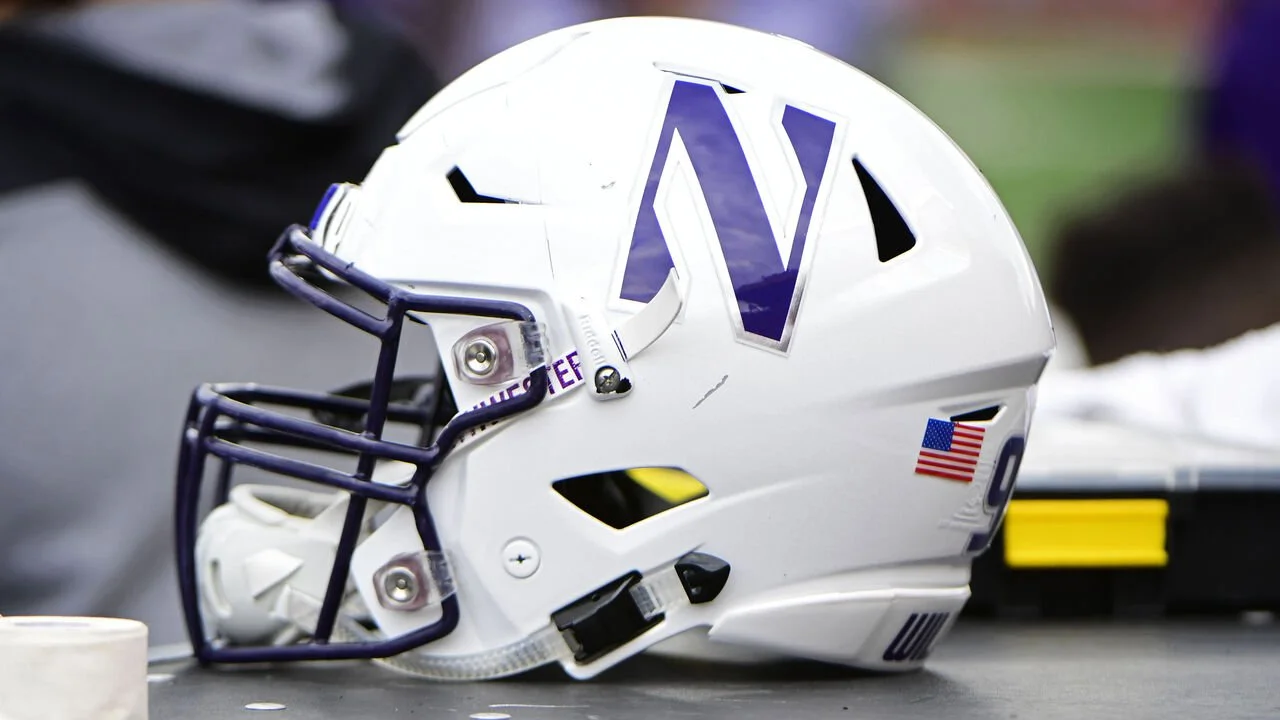Northwestern’s Scandal That Can Affect College Sports Forever
Getty Images
Evanston, Illinois (PSF) - Information providing in news excerpts have described the allegations of a culture hazing at Northwestern University which have fostered discrimination, harassment, and sexual abuse among athletes. Former Northwestern University athletes, including football players, came forward to speak about their experiences of being victims of hazing. They alleged that the culture of hazing was so ingrained that they felt compelled to go along with it to survive, gain respect, and earn trust within the football program. Some coaches were also accused of participating in the abusive hazing practices, and there was a “code of silence” that made it difficult for victims to speak up.
The hazing was reported to be particularly difficult for nonwhite players who saw a football scholarship as their chance for a better life but they had no voice or power to stop the abuse. The reported hazing practices included graphic and sexually intense behavior, which led to physical and emotional harm, with some players even contemplating suicide as a result.
As a response to these allegations, former Northwestern athletes and their attorneys announced their attention to sue the university. Northwestern had previously conducted an investigation into a whistleblower’s complaint about hazing in the football program, and while some claims were substantiated, the coaching staff was not found to have known about the ongoing hazing conduct. However, they were seen to have had significant opportunities to discover and report it.
The university initially suspended its head football coach, Pat Fitzgerald, for two weeks but later fired him after further reports of abuse were published in The Daily Northwestern, the student-led newspaper. Fitzgeralf denied any knowledge of hazing during his time at the university.
The issue of hazing in college sports has been a longstanding problem, and this scandal at Northwestern University may draw attention to the power imbalance between college athletes and the institutions they play for. The situation also highlights the ongoing debate about college athletes’ rights, including discussions about pay structures and workplace protections similar to traditional employees, rather than being classified as “student athletes.”
Civil rights attorney Ben Crump, who is representing the former Northwestern athletes, expressed hope that the allegations would serve as a landmark moment and set a precedent to deter similar behavior across college athletics. Some have suggested that unionization of college athletes could help address such issued by providing them with a collective voice and recourse to report abuse.
